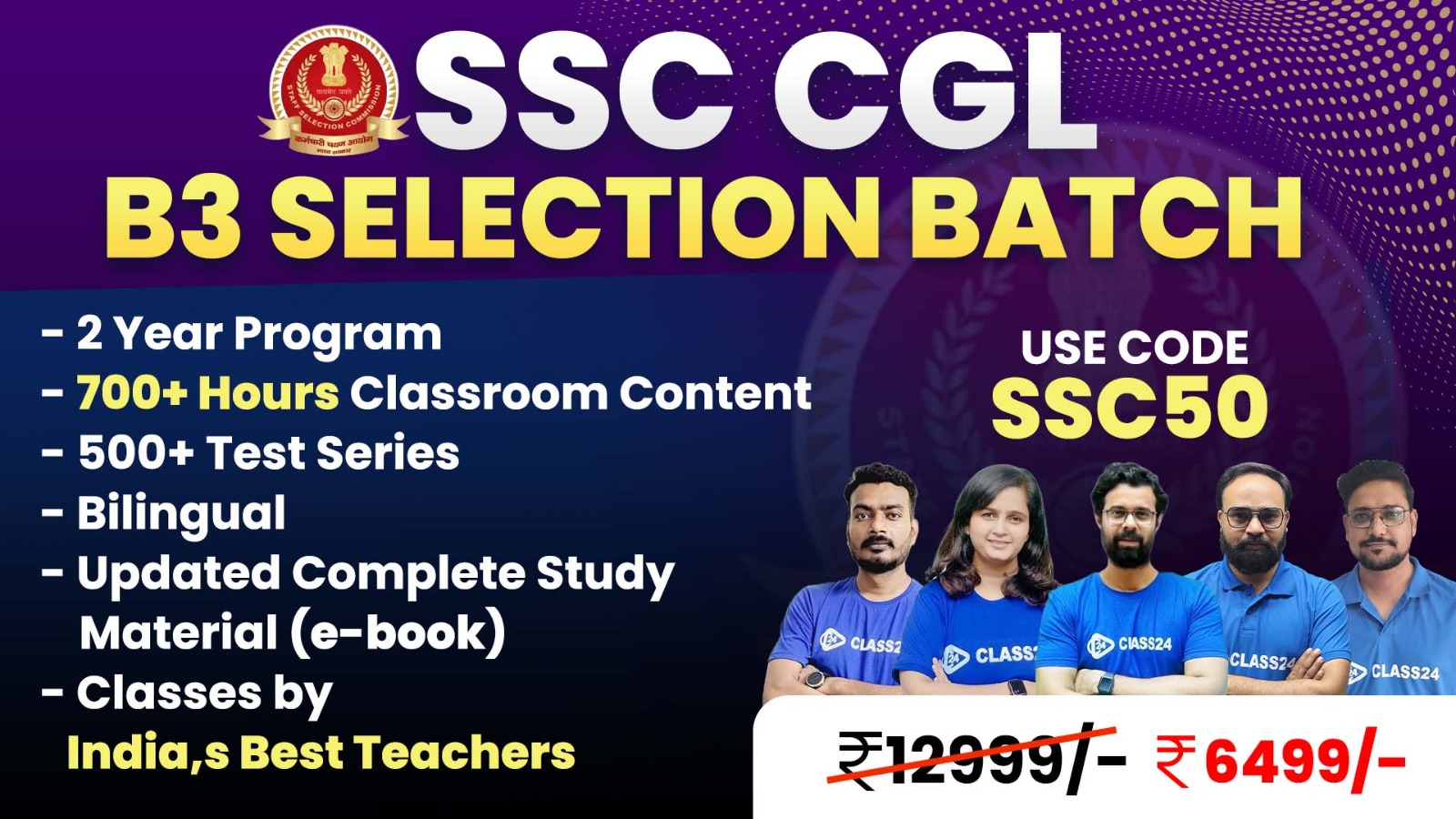
People exhibit both enthusiasm and moral concern about the trend of AI systems creating images that resemble Studio Ghibli artistic styles. Fans who recreate their images and memes into Ghibli-styled animations by Hayao Miyazaki generate widespread discussion about copyright infractions and maintaining service along with AI-induced human creativity challenges. OpenAI conducts business as a conservative entity yet still confronts criticism about its AI-training process for copyrighted content without receiving proper authorization.
Who is Hayao Miyazaki?
-
Hayao Miyazaki stands as what identity following a short biography about his life and background.
-
Born in 1941, Tokyo. The artist grew up surrounded by manga together with the pacifist atmosphere that emerged following World War II.
-
His professional life started in 1963 when he co-established Studio Ghibli together with Isao Takahata in 1985
-
Directed masterpieces like:
-
Spirited Away (2001) – Won Academy Award for Best Animated Feature.
-
The Boy and The Heron (2023) – Also an Oscar winner.
-
Studio Ghibli films are:
-
Hand-painted, no digital shortcuts.
-
Studio Ghibli animations feature strong feminine characters who fight for environmental protection and parade pacifist and anti-war messages during each film.
-
Nature & imagination > modern materialism.
Progressive Themes
-
Porco Rosso called it "anti-war propaganda."
-
Princess Mononoke depicted the battle between humans and nature.
-
Female main characters show bravery and intellectual competence alongside their lack of sexualization.
-
The film Spirited Away follows a girl who becomes trapped inside the kami (spirit) realm.
-
Themes include:
-
Anti-capitalism
-
Environmental protection
-
Individual freedom
-
Importance
-
Copyright and AI Ethics:
-
The usage of copyrighted materials by AI training datasets continues to face frequent legal disputes since the datasets operate without obtaining proper permission from owners.
-
Evolutionary changes occur in the EU AI Act and U.S. Copyright Law to define ownership rights in AI-generated content.
-
-
Impact on Artists and Creative Industries:
-
AI machines threaten established artistic professions since they generate style-based artwork without relying on human work.
-
The current situation raises serious ethical issues regarding both workers' proper payment and the protection of concepts and ideas.
-
-
Tech Industry vs. Creative Rights:
-
The AI industry led by OpenAI alongside other companies supports the use of generative AI as a tool for creating new content while promoting innovativeness and ease of access.
-
The practice is under fire because it uses artistic materials from creators without suitable payment or recognition.
-
-
Global Perspective on AI and Copyright:
-
The governmental bodies of Japan together with the EU are developing stricter AI regulations as part of their legislative efforts.
-
A legal struggle between artist Karla Ortiz will potentially establish legal standards regarding AI applications in creative industries.
-
Key Points
AI-Generated Ghibli-Style Art
-
OpenAI releases an image generation tool as part of Studio Ghibli's characteristic art style.
-
Many users on platforms have displayed AI-made images that transform popular memes and personal portraits into Miyazaki-style artworks.
-
The OpenAI CEO Sam Altman displayed his support for the trend by using a Ghibli-style portrait as his social media profile image.
-
Miyazaki expressed his position about AI applications in art
-
Hayao Miyazaki has criticized AI animation by describing it as an offense against the nature of life.
-
When shown an AI-generated animation sample in 2016 he displayed repulsion because his opinion was that AI animations lacked emotional quality.
Legal and Ethical Implications
-
Lawyers together with artists doubt if OpenAI secured authorization to train its models against Studio Ghibli's works.
-
Certain unique parts from Ghibli’s work can receive intellectual property protection but the studio’s core artistic design remains unprotectable through copyright law.
-
Artist Karla Ortiz filed an infringement lawsuit against AI image makers because she believes OpenAI exploits artists without legal authorization.
Conclusion
The new trend of making AI-generated Ghibli-style art demonstrates how advanced technologies combine with artistic expressions while conflicting with existing copyright regulations. Artistic tools that provide creative freedom about artistic ownership and fair use together generate discussions about human creative dominance. The expansion of AI technology will deepen the dispute concerning its effects on artistic work together with intellectual property protection law which will require stronger policy making alongside moral awareness.



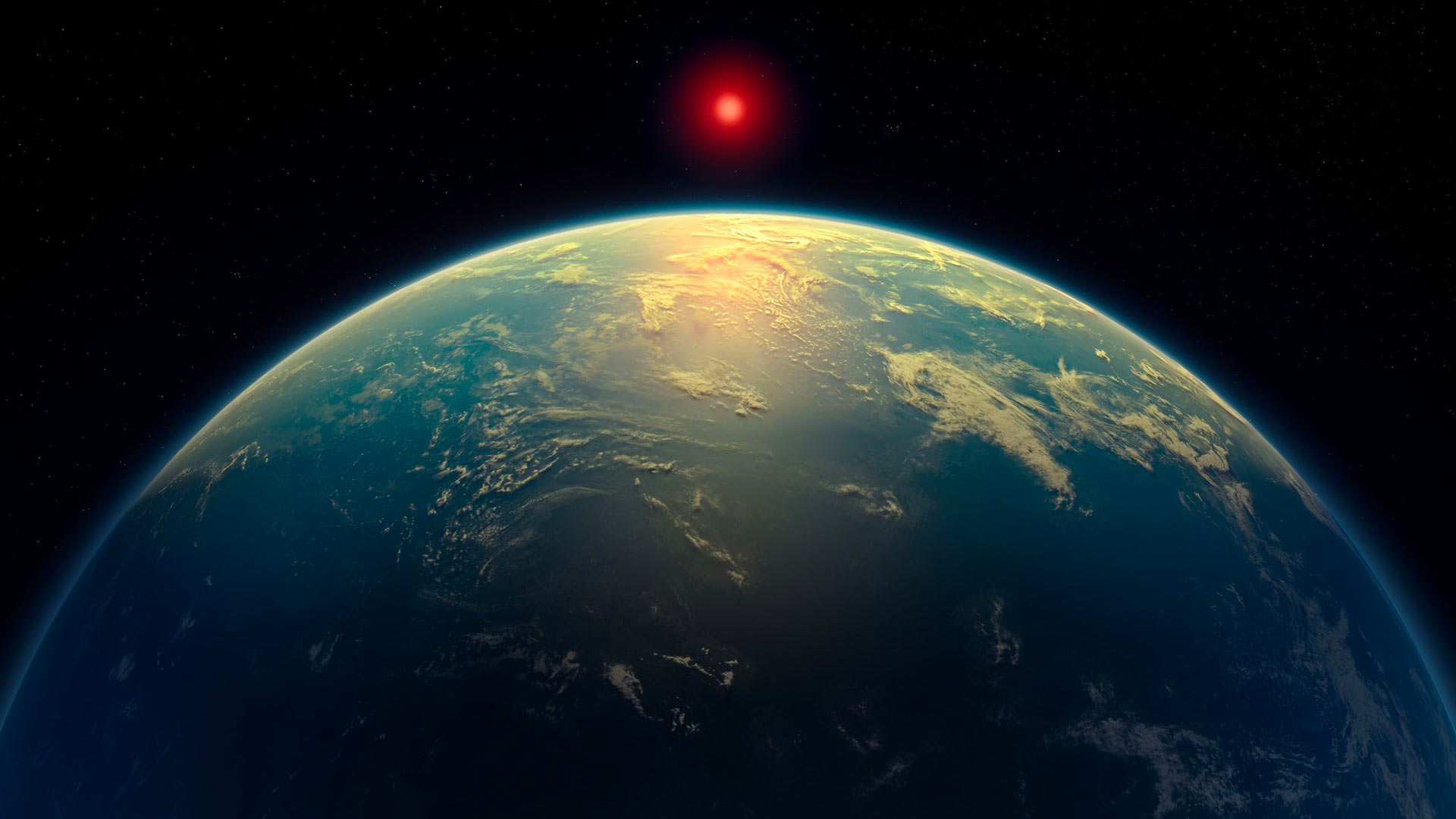 Potential Biosignatures Discovered on Exoplanet K2-18b by JWST
Potential Biosignatures Discovered on Exoplanet K2-18b by JWST India Launches First Native Seed Germination Database for Ecological Restoration
India Launches First Native Seed Germination Database for Ecological Restoration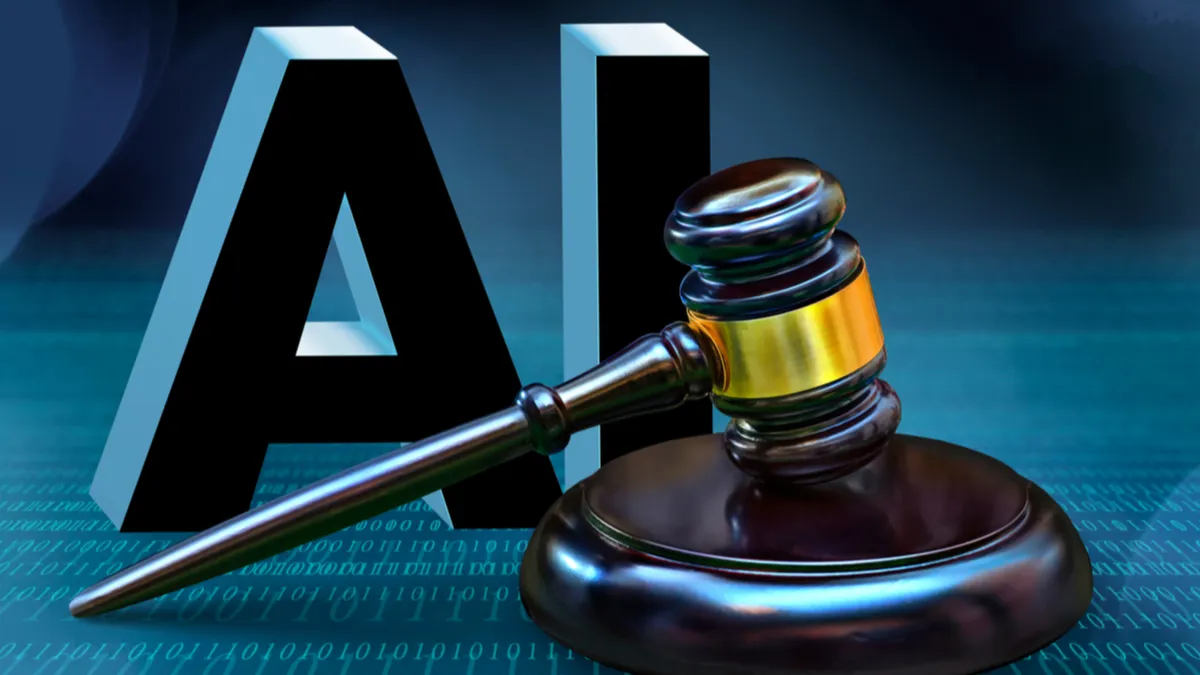 India’s Evolving Approach to Artificial Intelligence Governance and Regulation
India’s Evolving Approach to Artificial Intelligence Governance and Regulation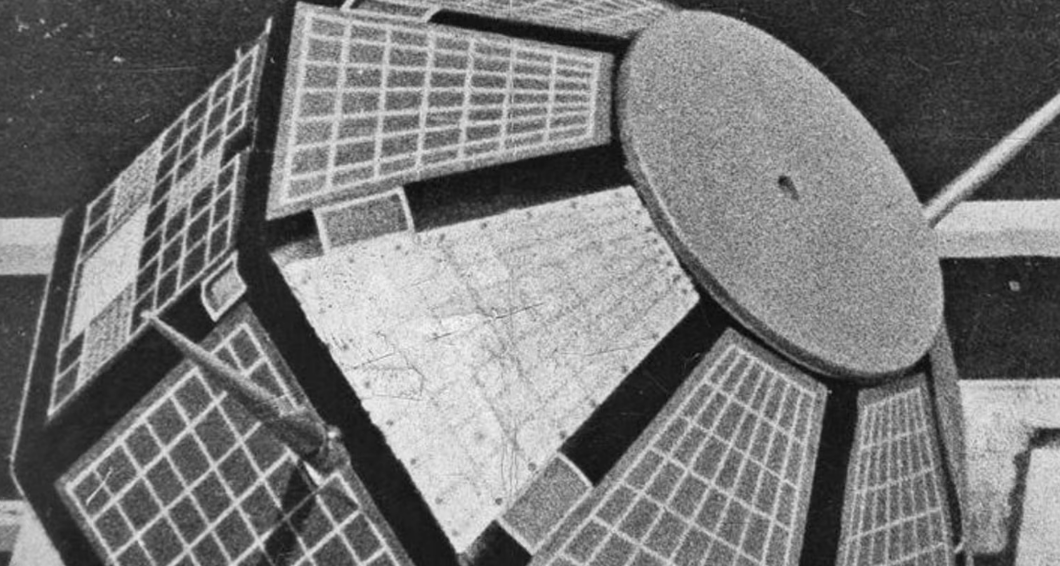 Golden Jubilee of Aryabhata 2025: Celebrating India’s First Satellite and ISRO’s Historic Milestone
Golden Jubilee of Aryabhata 2025: Celebrating India’s First Satellite and ISRO’s Historic Milestone ESA's Biomass Mission 2025: Tracking Global Forest Carbon Storage via Satellite
ESA's Biomass Mission 2025: Tracking Global Forest Carbon Storage via Satellite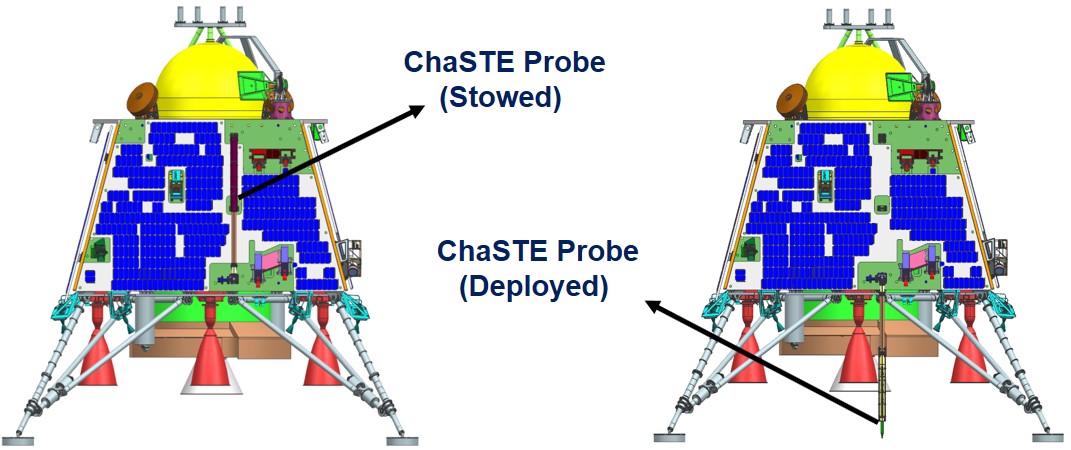 ChaSTE: First In-Situ Measurement of Surface Temperature
ChaSTE: First In-Situ Measurement of Surface Temperature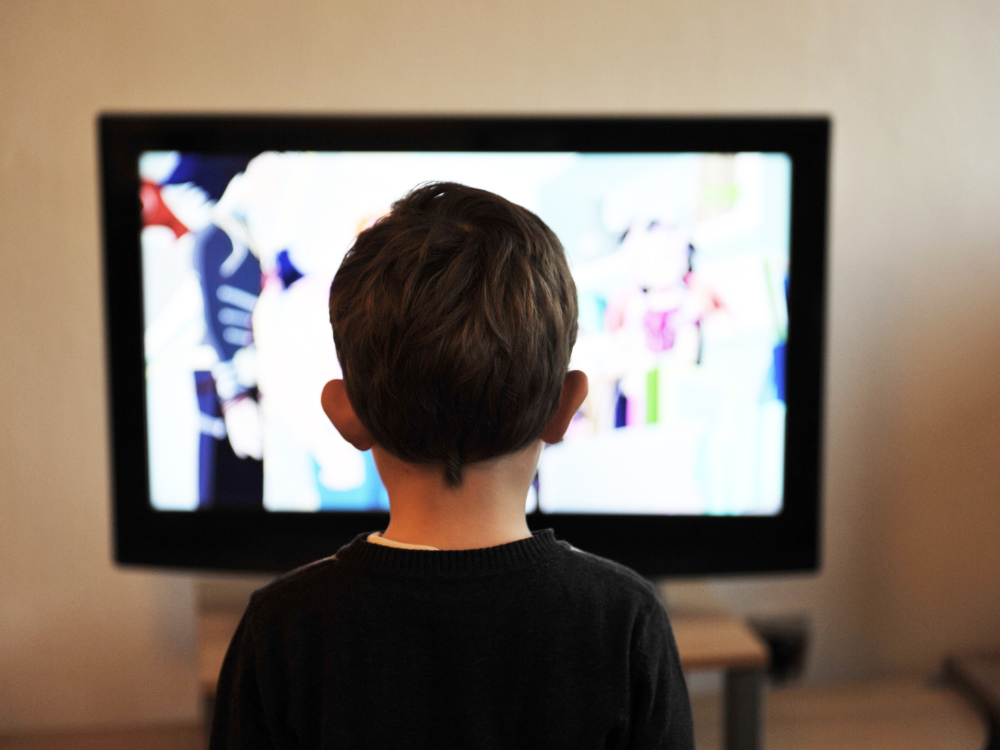 Digital Child Abuse and the Dangers of AI-Based Exploitation
Digital Child Abuse and the Dangers of AI-Based Exploitation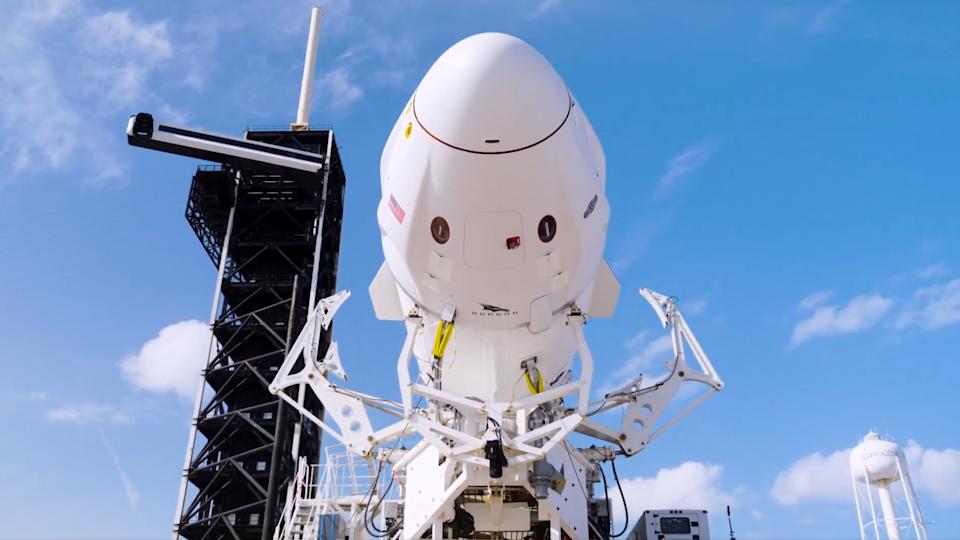 SpaceX Successfully Launches Fram2 Mission: First Human Spaceflight Over Earth’s Poles
SpaceX Successfully Launches Fram2 Mission: First Human Spaceflight Over Earth’s Poles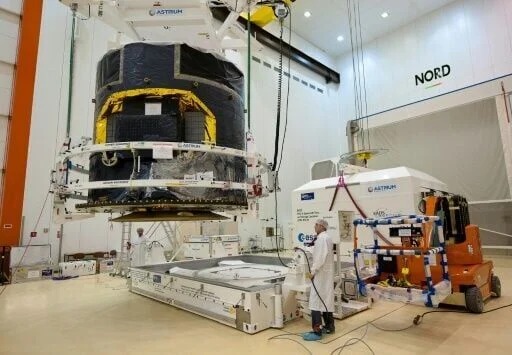 Gaia Space Observatory: Achievements and Shutdown
Gaia Space Observatory: Achievements and Shutdown





